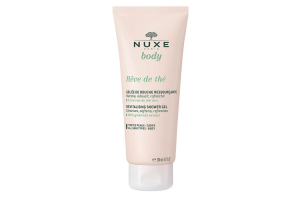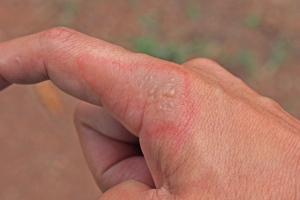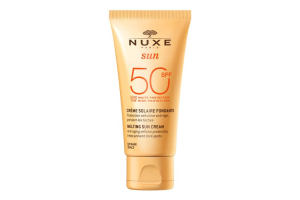Can Sinus Issues Contribute to Blocked Ears and Hearing Difficulties?

Blocked ears can be a bothersome problem, often leaving us feeling frustrated and disconnected from the world around us. While excess earwax can be the reason for blocked ears, sinus issues might play a significant role in causing this auditory discomfort.
In this blog, we'll understand the relationship between sinusitis and blocked ears, shedding light on how the process of earwax removal can play a crucial role in preventing blocked ears.
What is Sinusitis?
Sinusitis, commonly referred to as a sinus infection, occurs when the tissues lining the sinuses become inflamed or swollen. This inflammation can be triggered by various factors, including allergies, infections, or structural issues within the nasal passages. If not treated, sinusitis can lead to a range of uncomfortable symptoms, from nasal congestion and facial pain to headaches and difficulty breathing.
Does Sinusitis Contribute to Blocked Ears and Hearing Loss?
Yes, sinusitis can indeed contribute to blocked ears and even hearing loss. The sinuses and the ears are closely connected through a series of small passages known as the Eustachian tubes.
When the sinuses become inflamed or congested due to sinusitis, these passages can become blocked or swollen, hindering the normal flow of air and fluid. As a result, pressure can build up in the middle ear, causing the eardrum to feel blocked or 'full,' and affecting hearing clarity.
What are the Causes of Sinusitis that Can Lead to Blocked Ears?
What exactly triggers sinusitis, and how does it relate to blocked ears? Let's explore the factors that can lead to sinusitis and ultimately contribute to ear blockage.
1. Allergies- Allergic reactions to pollen, dust, mould, or pet dander can trigger inflammation in the sinuses, leading to sinusitis and potential ear blockage.
2. Viral Infections- Common colds and flu viruses can infect the sinuses, causing inflammation and congestion that may affect the Eustachian tubes and lead to blocked ears.
3. Bacterial Infections- Bacterial infections of the sinuses, such as sinusitis, can result from untreated viral infections or other factors, contributing to ear blockage.
4. Nasal Polyps- Non cancerous growths in the nasal passages, known as nasal polyps, can obstruct sinus drainage and airflow. This increases the risk of sinusitis and associated ear issues.
5. Structural Abnormalities- Structural issues within the nasal passages or sinuses, such as a deviated septum or narrow sinus openings, can disrupt proper drainage and ventilation. This can lead to sinusitis and blocked ears.
What is the Treatment Option for Blocked Ears?
In addition to sinus issues, another common cause of blocked ears is the buildup of earwax. Ear microsuction is a safe and effective method for removing excess earwax, offering a gentle alternative to traditional ear syringing or irrigation.
During the procedure, our expert healthcare professional uses a specialised suction device to carefully remove earwax build-up. This restores normal hearing and reduces any discomfort or blockage.
Feel free to contact us to learn about the ear microsuction cost.
Visit Pearl Chemist Group for Earwax Removal
Sinus issues such as sinusitis can indeed contribute to blocked ears and hearing difficulties. In this situation, prompt treatment is necessary to avoid permanent hearing loss.
If you're experiencing persistently blocked ears or hearing problems, book an appointment with us for earwax removal in Merton, Banstead, Northcote and Epsom.






